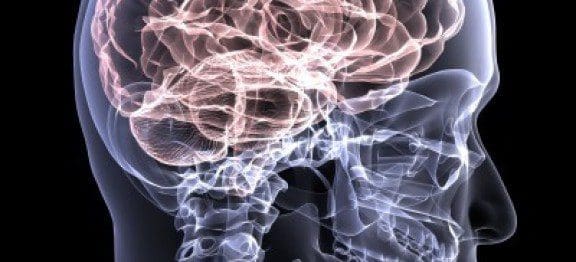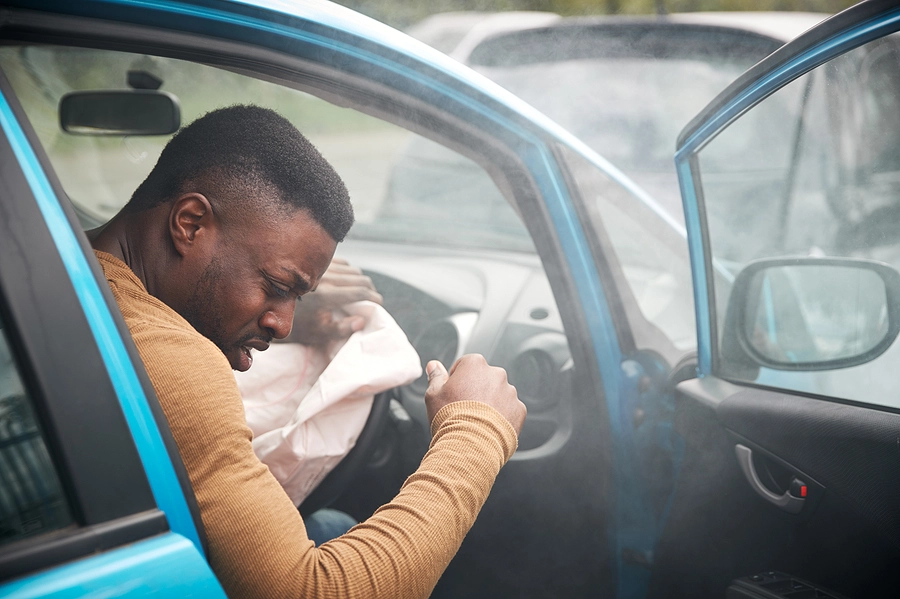JONES LAW GROUPYour Lawyers for Life! Personal Injury Law Firm in St. Petersburg

By: Heath C. Murphy + – Personal Injury I have blogged about the dangers of suffering a head injury and the cognitive and emotional impairments that can be caused by head injuries, however new studies indicate a link between head injuries and early onset dementia. Some of the more common causes of traumatic brain injuries […]
Call our personal injury law office directly at (727) 512-9847
At Jones Law Group in St. Petersburg, FL, we would like to hear from you. Contact us for a free personal injury case consultation.
Call our personal injury law office at (727) 512-9847
Get educated on the Florida's personal injury laws and more.
By: Heath C. Murphy + – Personal Injury
I have blogged about the dangers of suffering a head injury and the cognitive and emotional impairments that can be caused by head injuries, however new studies indicate a link between head injuries and early onset dementia. Some of the more common causes of traumatic brain injuries are accidents, including; slip and falls, car accidents, motorcycle accidents, bicycle accidents or pedestrian accidents. Traumatic brain injuries can cause long lasting or even permanent damage to the cognitive health of the victim. Recently, links between a head injury suffered after the age of 55 and dementia has been discovered.
Dementia
Dementia is a decline or loss of reasoning, memory and other cognitive abilities which impairs the sufferer’s ability to live a normal life and perform basic tasks.[1] Dementia is most common in the elderly and affects between 4 and 5 million people in the United States. It affects about 1% of people between the ages of 60 and 64, but more than 1/3 of all people over the age of 85.
For many years, dementia was considered a normal part of aging. However, in recent years doctors have linked dementia to head injuries. Studies have shown that a mild traumatic brain suffered by someone over the age of 55 may increase the chances of that person developing dementia.[2] The study suggests that even a mild traumatic brain injury suffered by someone over the age of 55 can increase significantly increase the risk of developing dementia.
Alzheimer’s
It is known that traumatic brain injuries can cause long term brain damage. However, there is evidence which seems to indicate that people who have suffered certain types of traumatic brain injuries are more likely to develop Alzheimer’s disease. Those with a history of moderate traumatic brain injuries are at least twice as likely to develop Alzheimer’s as those without a history of moderate traumatic brain injuries. Those having suffered a severe traumatic brain injury are 4.5 times as likely to develop Alzheimer’s. Alzheimer’s has been linked to protein abnormalities within the brain, but it was unknown whether this was causal link. The new studies, however, have found a link between the same protein abnormalities and traumatic brain injuries.
Some cases of Alzheimer’s may be related to a gene mutation of Apolipoprotein E-e4 (APOE4) which seems to provide an indicator of individuals who are predisposed to developing Alzheimer’s. New research indicates that a traumatic brain injury suffered by a person with the increased genetic predisposition may be affected even more dramatically by traumatic brain injuries. Not all people who suffer a traumatic brain injury will develop Alzheimer’s, nor will all people genetically predisposed to Alzheimer’s, but there is a disturbing relationship between head injuries and Alzheimer’s.
Symptoms of a Traumatic Brain Injury
The symptoms of a traumatic brain injury may be subtle and may not even be noticed until you return to normal activities. The most common symptoms include:
1. Headaches;
2. Nausea or vomiting;
3. Fatigue or drowsiness;
4. Difficulty sleeping;
5. Dizziness;
6. Convulsions or seizures;
7. Dilation of one or both pupils;
8. Loss of coordination;
9. Confusion;
10. Memory loss;
11. Slurred speech;
12. Irritability; and
13. Depression.
If you or a loved one are suffering from any of the symptoms of a traumatic brain injury, immediately seek the care of a physician. It is extremely important not to ignore the symptoms and assume they will go away.
Contact a traumatic brain injury attorney at Jones Law Group
Have you or a loved one suffered a head injury? Contact an experienced St. Petersburg personal injury law firm today. When you contact our office we will immediately set an appointment where you will meet your attorney and be provided with his/her personal contact information. If you do not have transportation or you cannot drive, your attorney will travel to meet you and discuss your case with you.
If you or a loved one has been injured as a result of a slip and fall, a car accident, a motorcycle accident, a bicycle accident or a pedestrian accident, you should immediately call an experienced personal injury attorney in St. Petersburg at Jones Law Group at (727) 571-1333 during regular business hours or (727) 753-8657 on weekends or after regular business hours. We will evaluate your case for free and you will never pay us a dime unless we recover compensation for your injuries.
Jones Law Group
5622 Central Avenue
St. Pete, FL 33707
References:
[1] http://www.emedicinehealth.com/dementia_overview/article_em.htm#dementia_overview

Teen drivers face serious risks from nighttime driving, distracted passengers, and texting. Learn the top dangers and how Florida parents can help keep young drivers safe.

Facing a DUI accident in Tampa Bay? This step-by-step guide from Jones Law Group’s top DUI accident lawyers outlines essential actions to protect your rights, gather evidence, and secure compensation under Florida law. Serving St. Petersburg and the Tampa Bay area—contact us for expert help today.

By: Heath C. Murphy + – Personal Injury Imagine the following scenario. You are driving along Park Boulevard in Pinellas Park and as you change lanes in order to make an approaching turn, another car rear ends your vehicle. He claims that you cut him off and slammed on your brakes. After the car accident, […]

Injured motorists can qualify for a certain level of compensation under Florida’s no-fault statutes following a car accident. Summary Dealing with automobile insurance can be confusing, especially with terms like “no-fault insurance” frequently cropping up in conversations. In the United States, several states, including Florida, have embraced no-fault insurance laws, which play a crucial role […]

Were you hurt in a motorcycle accident, a slip and fall, or any other accident caused by someone else’s negligence? If so, you might be taking legal action to pay for your medical bills, lost wages, and other accident-related expenses. It’s only natural that you’d want to know how long it will take to receive […]

Crime can impact any of us. With the constant rise in population in the Tampa Bay Area, commercial areas such as shopping malls, venues, restaurants, and parking lots are becoming crowded. The owners of these businesses and properties have a duty to keep guests reasonably safe from harm. The owners must take precautions to ensure […]
Speak with us before time runs out! In Florida, you have a limited window to file a personal injury case, so speak to an Attorney today.
Call our personal injury law office directly at (727) 512-9847
Jones Law Group is a dedicated personal injury lawyer in St. Petersburg, FL, serving the Tampa Bay area since 2006. Our experienced attorneys specialize in car accidents, slip and fall cases, employment law disputes, construction law issues, and overtime wage claims, fighting for maximum compensation on a contingency fee basis. Contact us for a free consultation to discuss your case.
Call our personal injury law office at (727) 512-9847
© Copyright 2006–2025 Jones Law Group Attorneys at Law. All rights reserved. Privacy Policy Terms of Use
Attorney Advertising.
The information on this website is for general information purposes only. Nothing on this site should be taken as legal advice for any individual case or situation. This information is not intended to create, and receipt or viewing does not constitute, an attorney-client relationship. Past results do not guarantee similar outcomes.
Are you injured or wronged and interested in a consultation? Fill out the form for a free consultation with us.